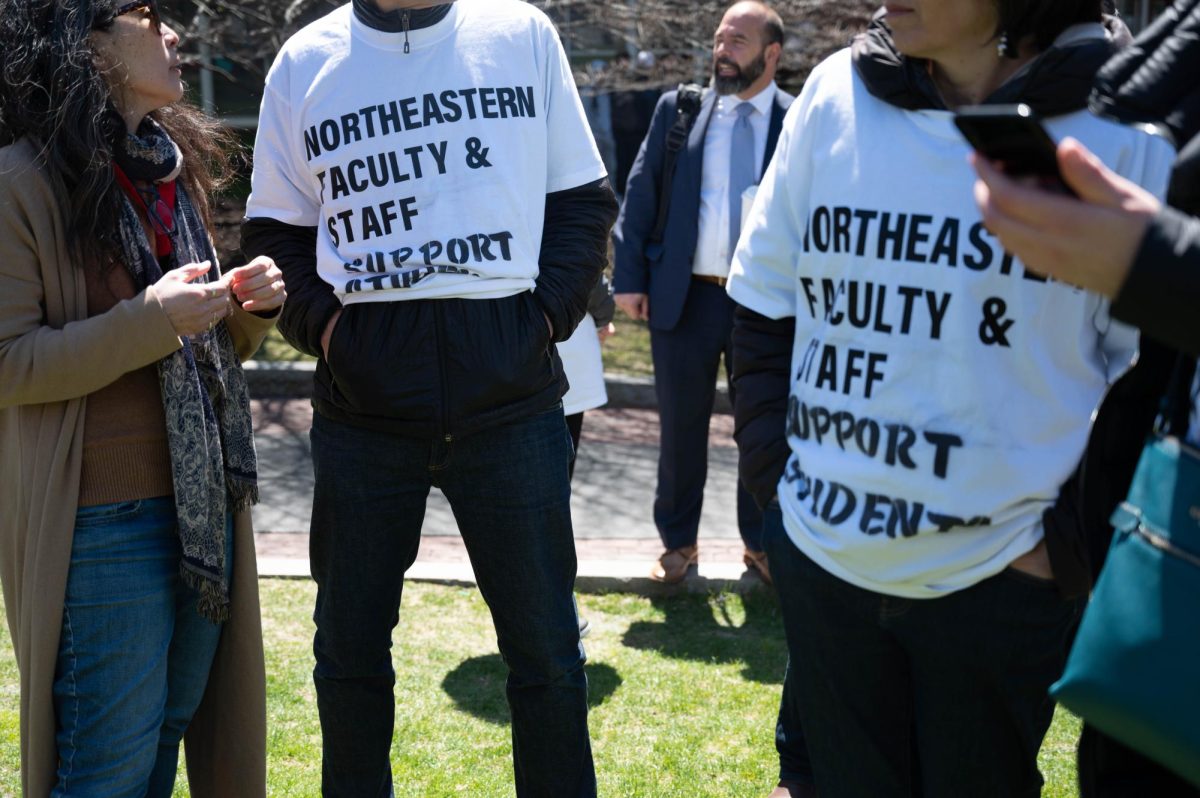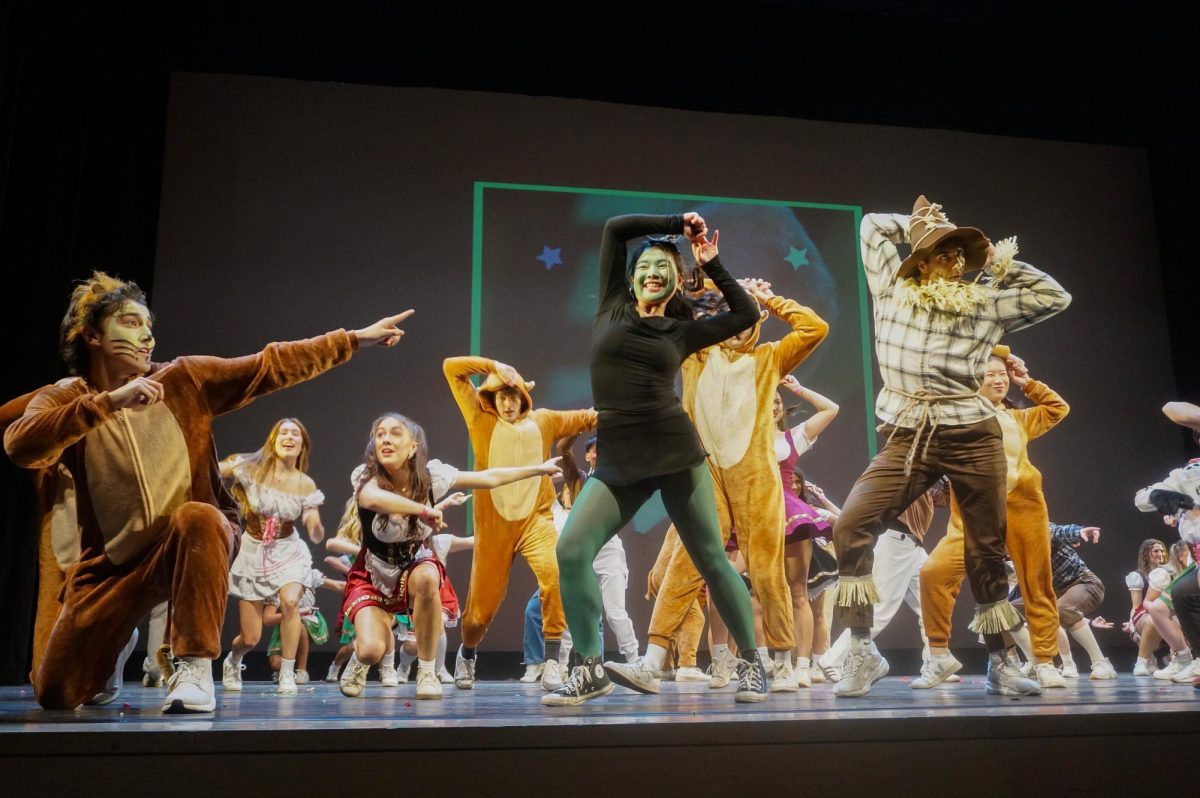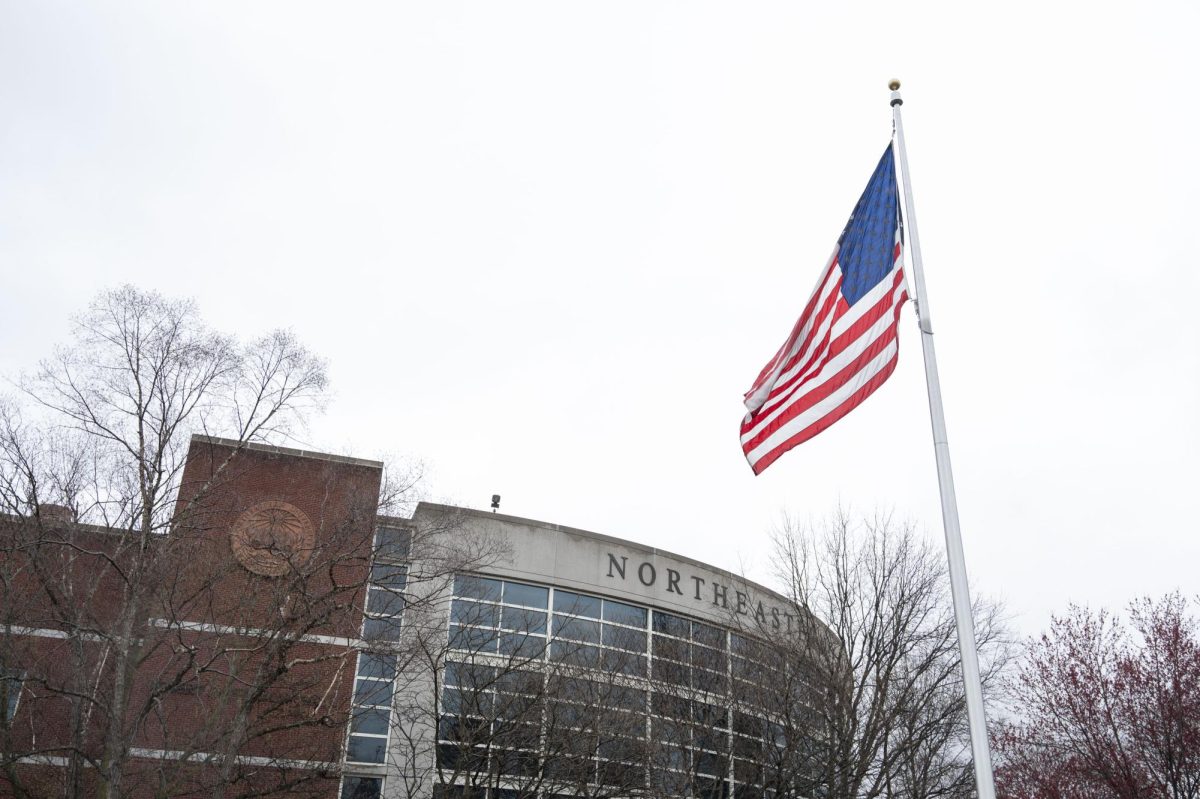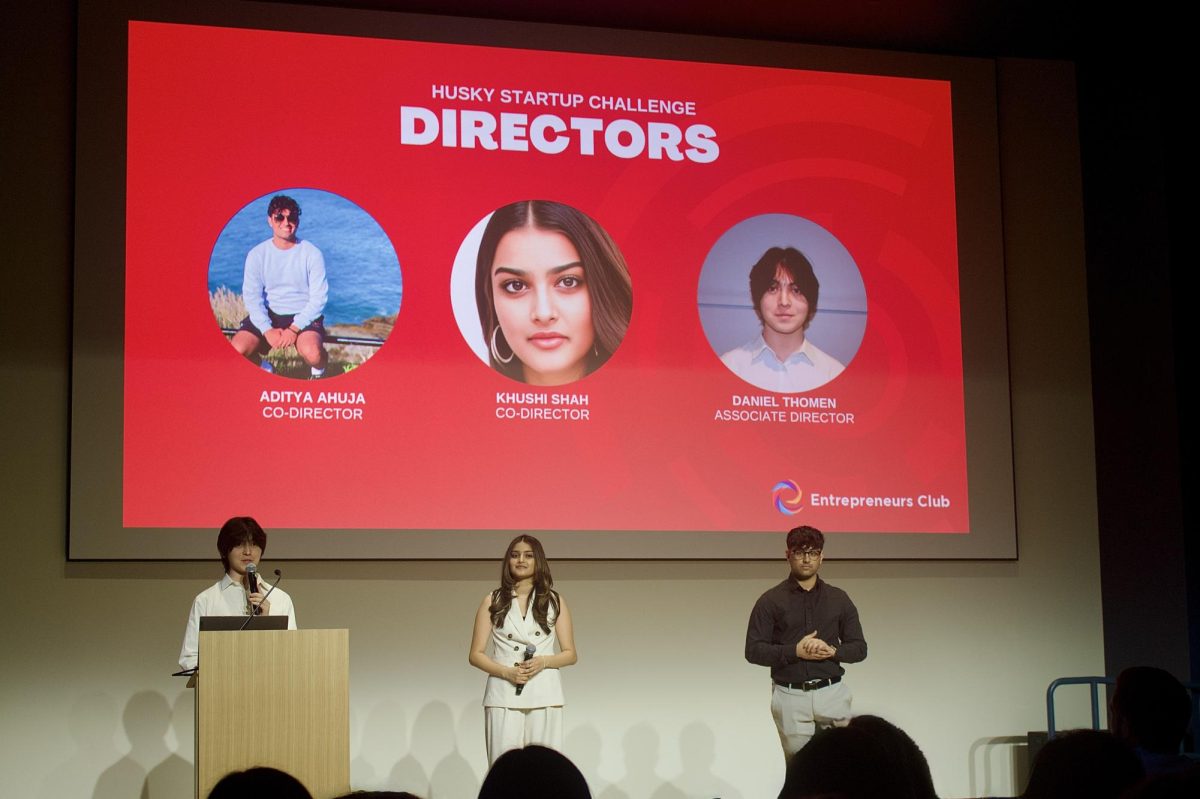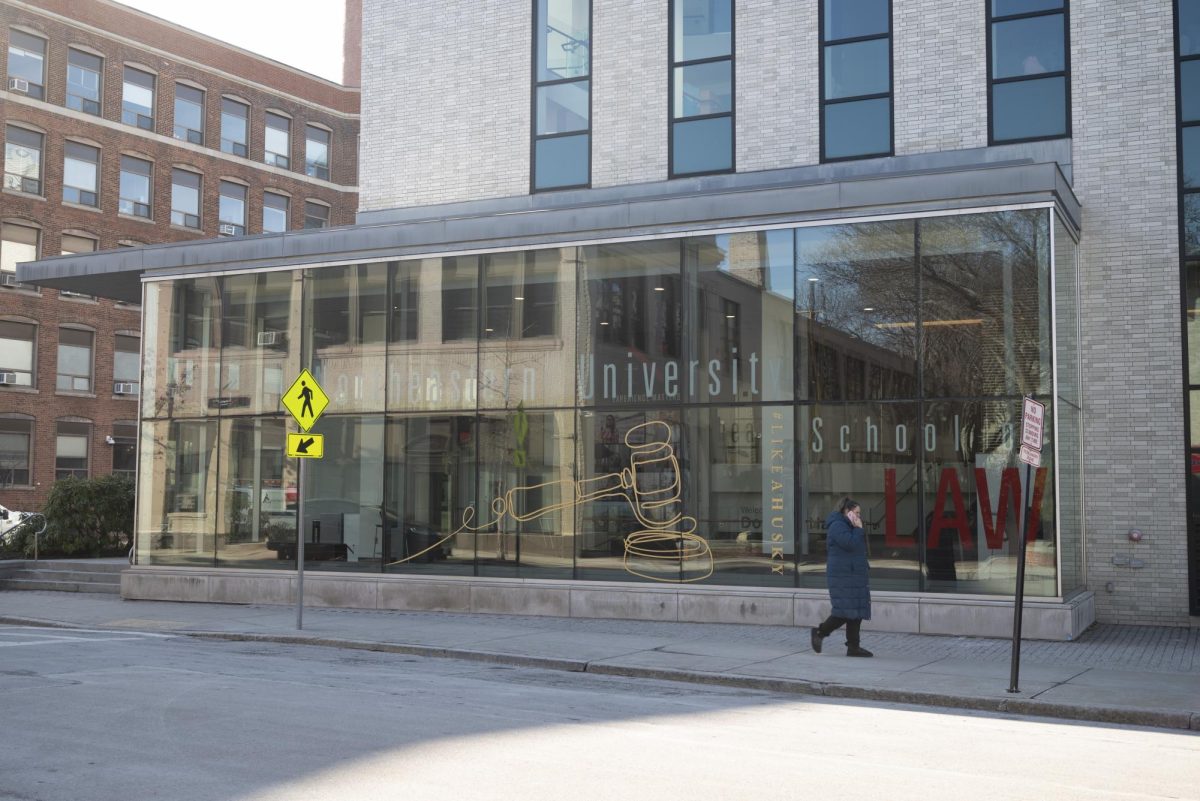Despite protest from supporters last week, the Massachusetts Bay Transportation Authority (MBTA) Night Owl bus service will become extinct as of July 1.
Citing lackluster rider numbers and a $16 million budget deficit, the weekend late-night bus service was left out of the MBTA’s new budget, said Joe Pesaturo, MBTA spokesman. The MBTA Board of Directors unanimously approved the budget last Friday, he said.
“Obviously we have to look at the costs, where you get the most bang for your buck,” Pesaturo said.
The Night Owl costs the MBTA $7.53 per user, in comparison to $1.37 for a daytime passenger, he said.
Introduced in 2001, the Night Owl keeps buses running to many regular stops, including Green Line T stops, until 2:30 a.m. weekend nights. Supporters of the Night Owl, including City Councilor Michael Ross, said the service is vital to students out late and workers who need to get home after a late-night shift.
Ross organized a rally last Thursday in front of MBTA headquarters, a final push in an effort to influence the board’s decision on whether or not to eliminate the service.
A report handed out at the rally from Massachusetts Public Interest Research Group (MASSPIRG), states Boston will rank last in overnight transportation out of 11 major cities when the Night Owl is eliminated.
“Boston’s nighttime service ranks the worst in the system,” said Hathaway Fiocchi, transportation associate for MASSPIRG, at the rally. “We ought to be setting the example of how public transportation should work. This is simply taking us in the wrong direction.”
Boston falls third behind New York City and Los Angeles in service area population, but is the only city besides Atlanta to not provide all night public transportation every night of the week, according to the report.
The Night Owl program acts as a deterrent to drunk driving, reducing average nighttime car accidents by 3,000 total since its beginning in 2001, Ross said. Barbara Harrington, director of Massachusetts’ Mothers Against Drunk Driving (MADD), called the MBTA’s decision to cut the Night Owl “short-sighted.”
“Let’s keep the Night Owl bus as a designated driver,” she said.
According to supporters at the rally, the city doesn’t sleep at midnight, and neither should the MBTA.
“The city does not go to bed at 12:30 at night,” said Student Government Association President Bill Durkin, in a speech at the rally. “Students will have very few options of getting home after hours [without the Night Owl].”
Durkin cited two unsolved sexual assaults that took place on Mission Hill, incidents he said could be prevented if there are more options for student besides walking late at night or taking an expensive cab.
Pesaturo, however, said the Night Owl has seen a decline in use over the years, and simply isn’t generating enough revenue to make it worthwhile to keep.
“When we were offering it, it averaged 1,250 riders a night, obviously there wasn’t a lot of demand for the late night service,” Pesaturo said. He said the MBTA had to choose whether or not to make cuts to vital, well-used services the T provides, or cut lesser-used services, such as the Night Owl.
“We added [the Night Owl] at a time when things were better with our financial situation,” Pesaturo said. He said the MBTA is now facing “severe financial stress.”
Durkin said he is sure more college students would use the service if the MBTA had done a better job advertising its presence.
“There’s plenty of students that would probably take the bus over an expensive cab fare if they knew it existed,” he said. “You can’t tell me that there’s not people out there ready to ride on these buses and subways and commuter rails. There’s something wrong here and there’s something wrong with the MBTA.”
Pesaturo said, in the end, it came down to the cost. Whether or not a nighttime service will ever be reestablished in Boston will “depend on the future financial condition of the agency,” he said.
Ross, who said the cutting of the Night Owl showed a “failure in leadership” in the MBTA, said after the rally Thursday he would keep fighting for the late-night service no matter what.
“We won’t let this die,” he said. “It’s too important.”



